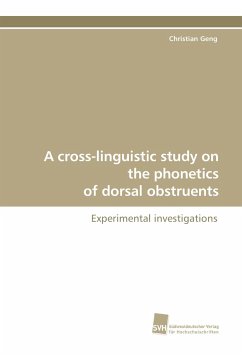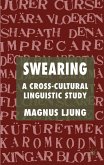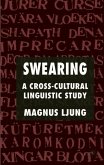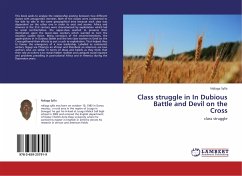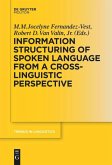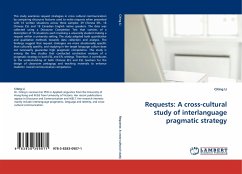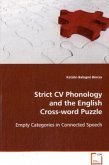This book presents articulatory and perceptual characteristics of the palatal place of articulation with the focus on the Hungarian palatal obstruent. This research question is motivated by the fact that a lot of instrumental research in perceptual but also articulatory phonetics has concentrated on the study of the three major - labial, alveolar and velar - places of articulation whereas substantially less attention has been devoted to segments from the palatal class. The introductory part summarises the relevant foundations from both phonetic and phonological perspectives. Empirical cross-linguistic work demonstrates some intrusive effects of the palatal segment when introduced in an experimental setup manipulating transitional parameters in a Categorical Perception study. Studies by means of Electromagnetic Articulography phonetically qualify the Hungarian palatal as a dorsopalatal with characteristic coarticulatory and biomechanic features. This book targets researchers and graduate students working in segmental phonetics interested in the palatal class of articulation.

